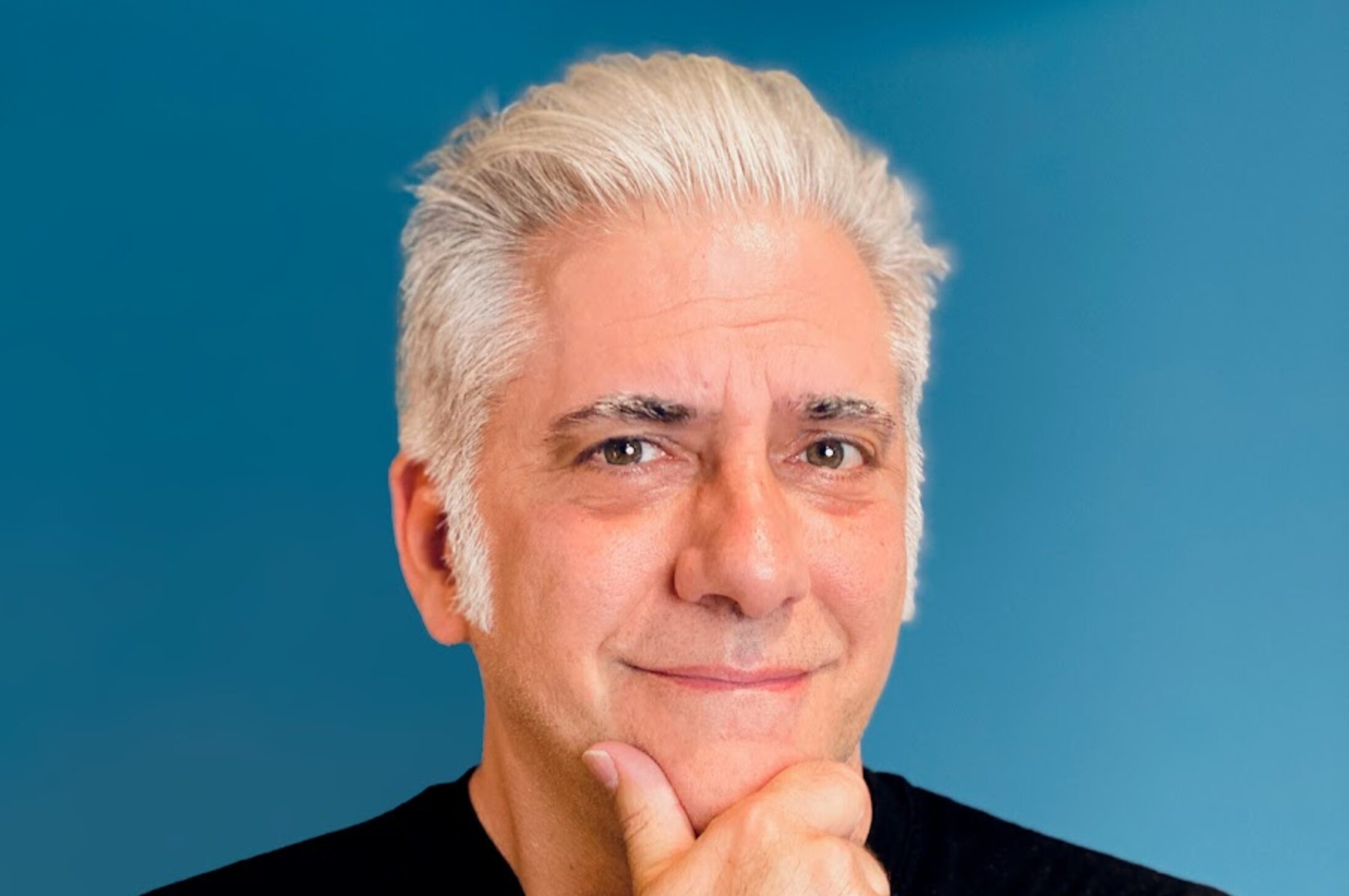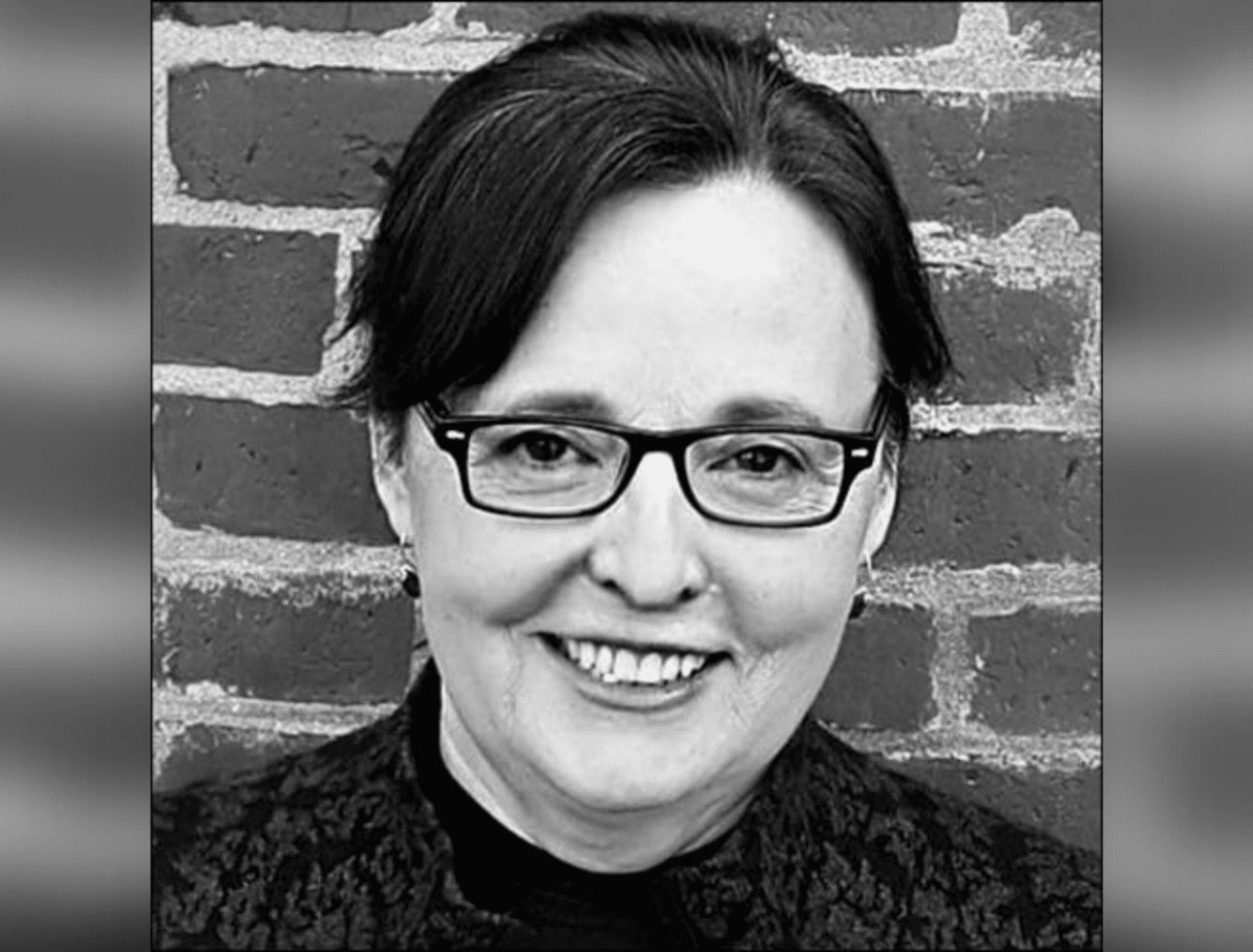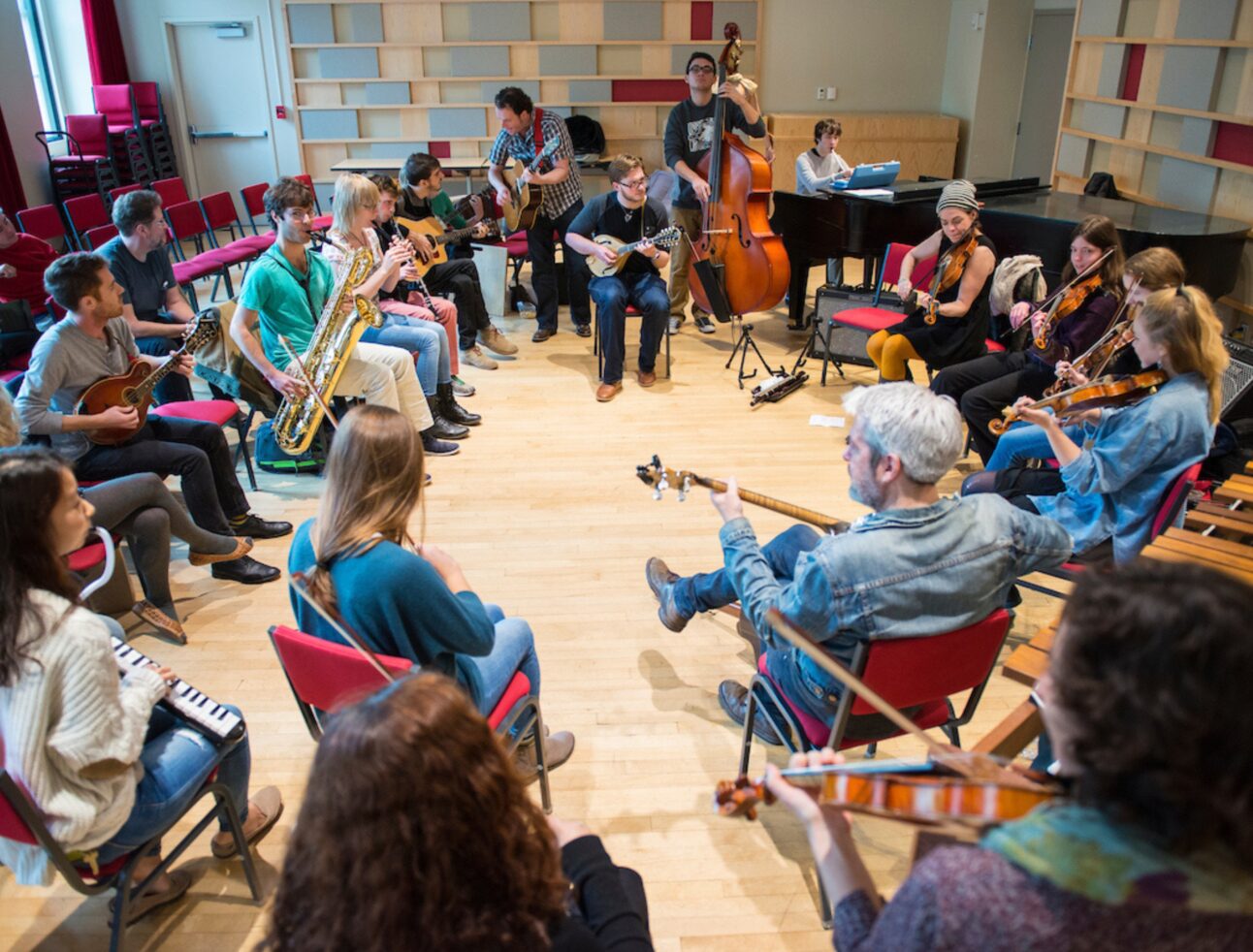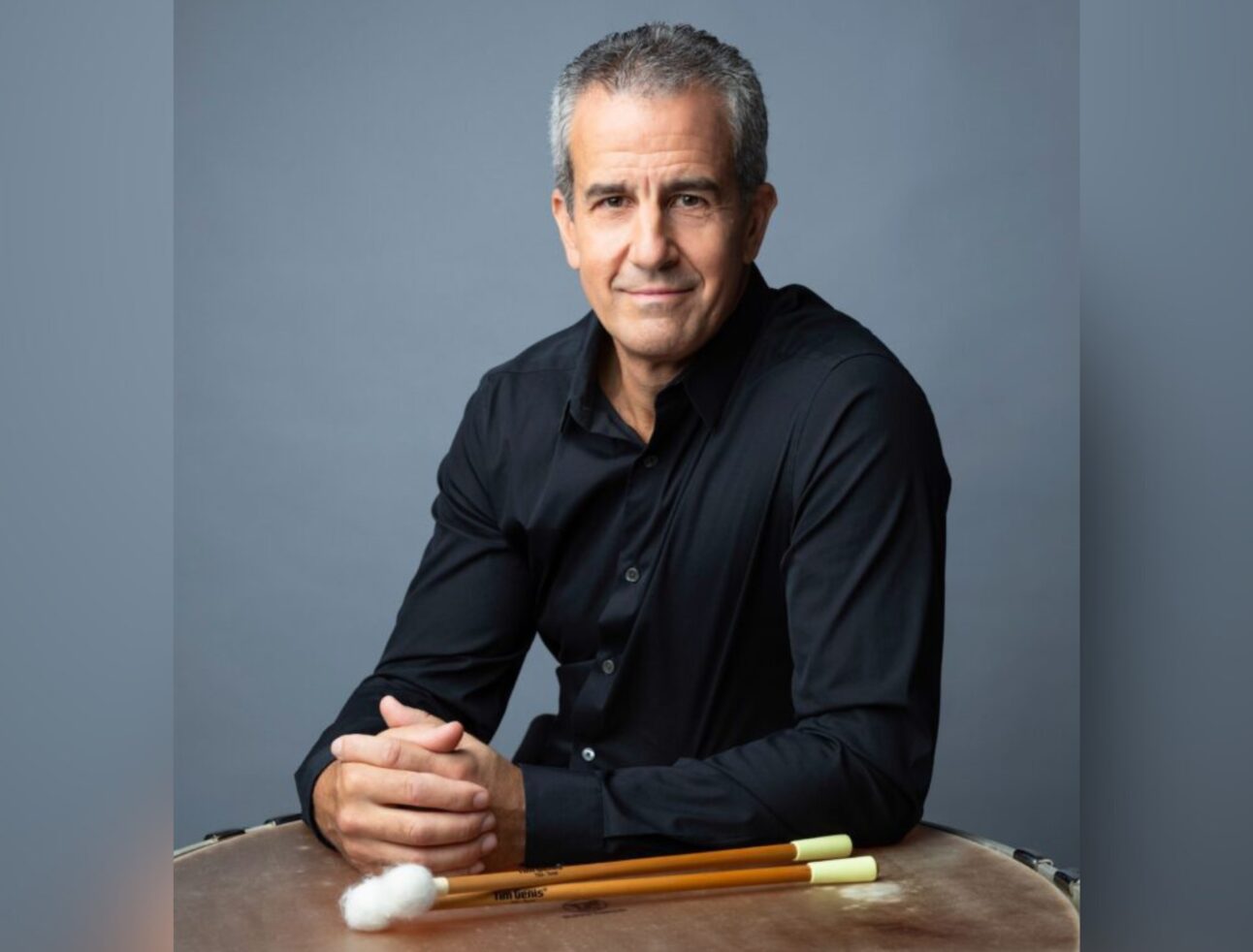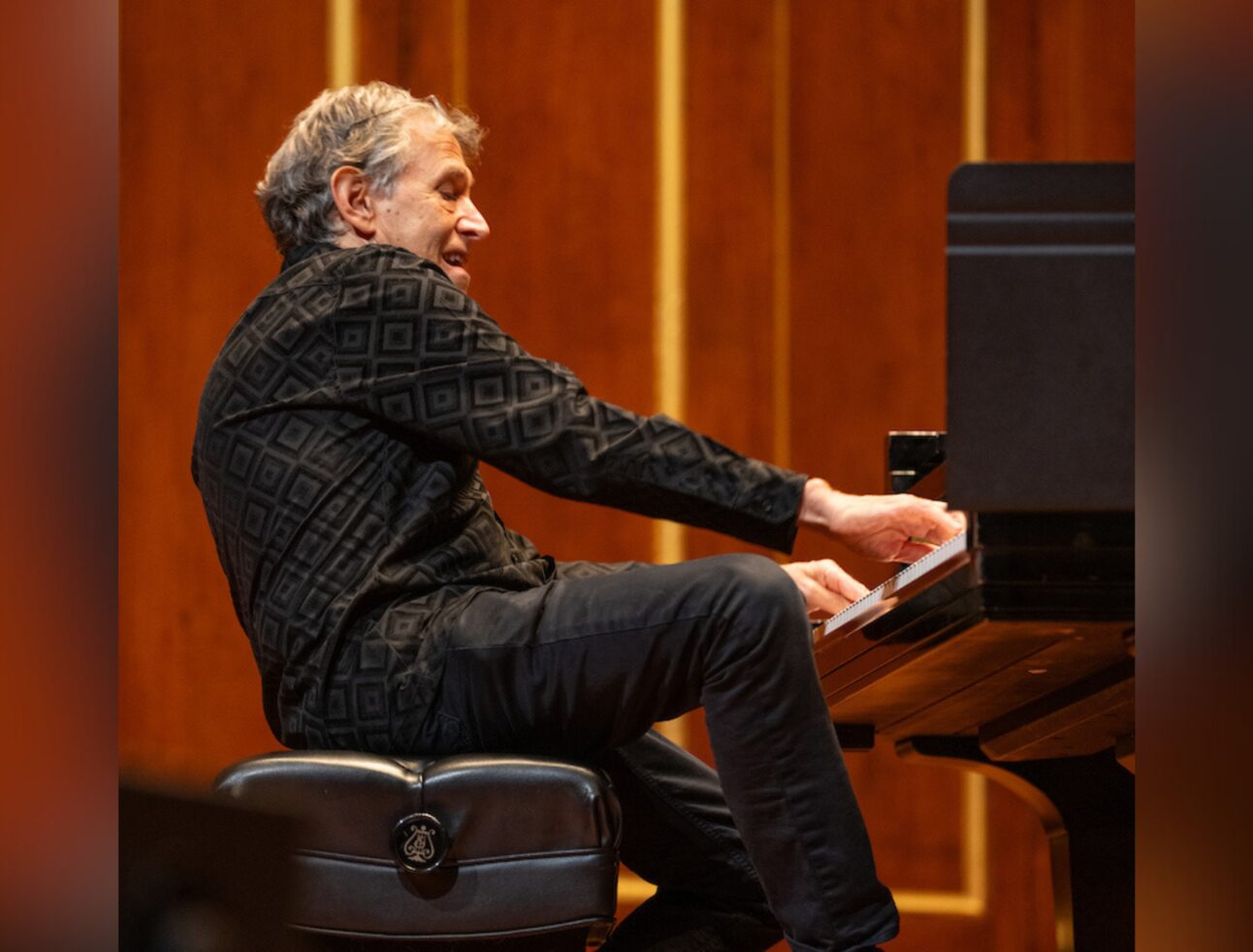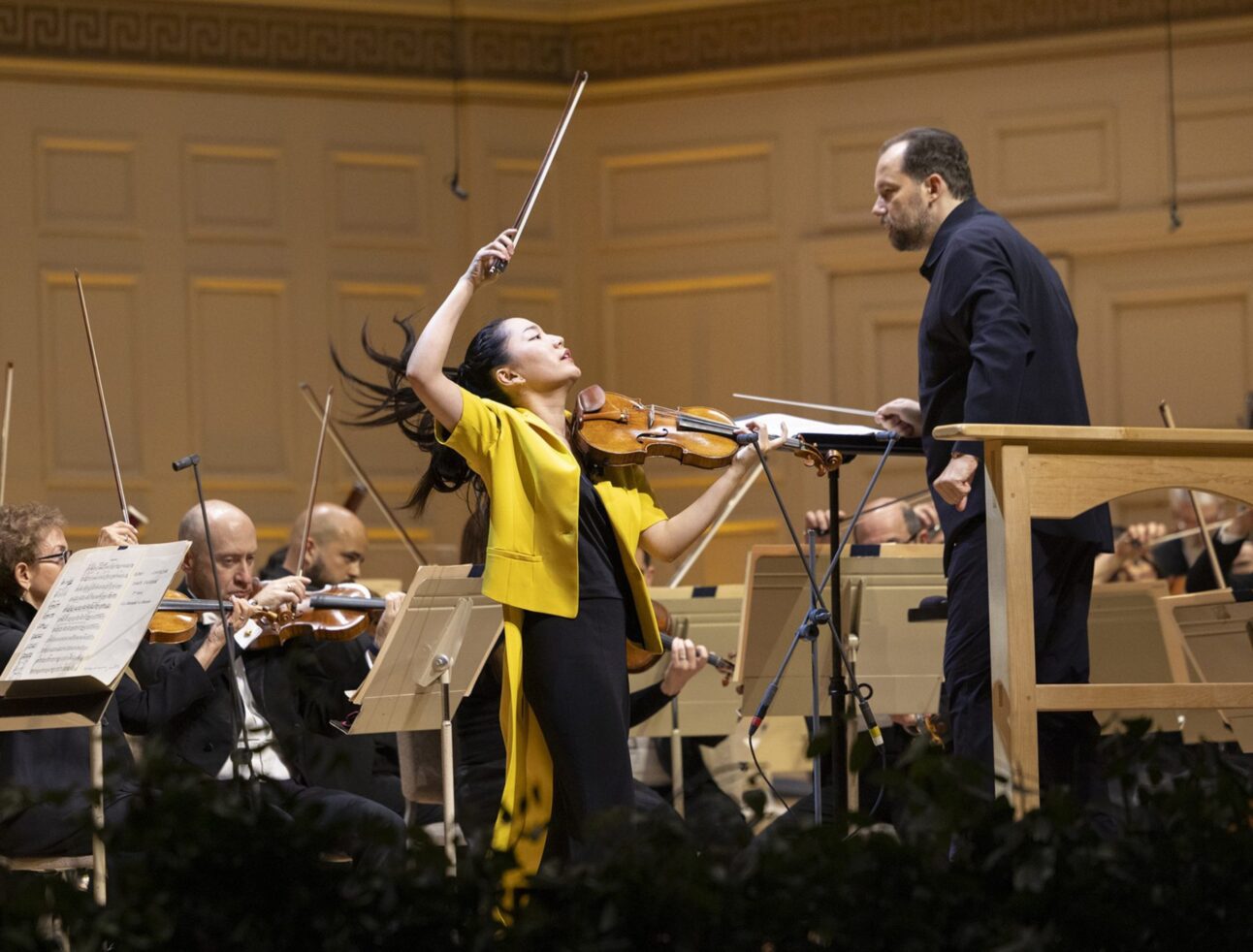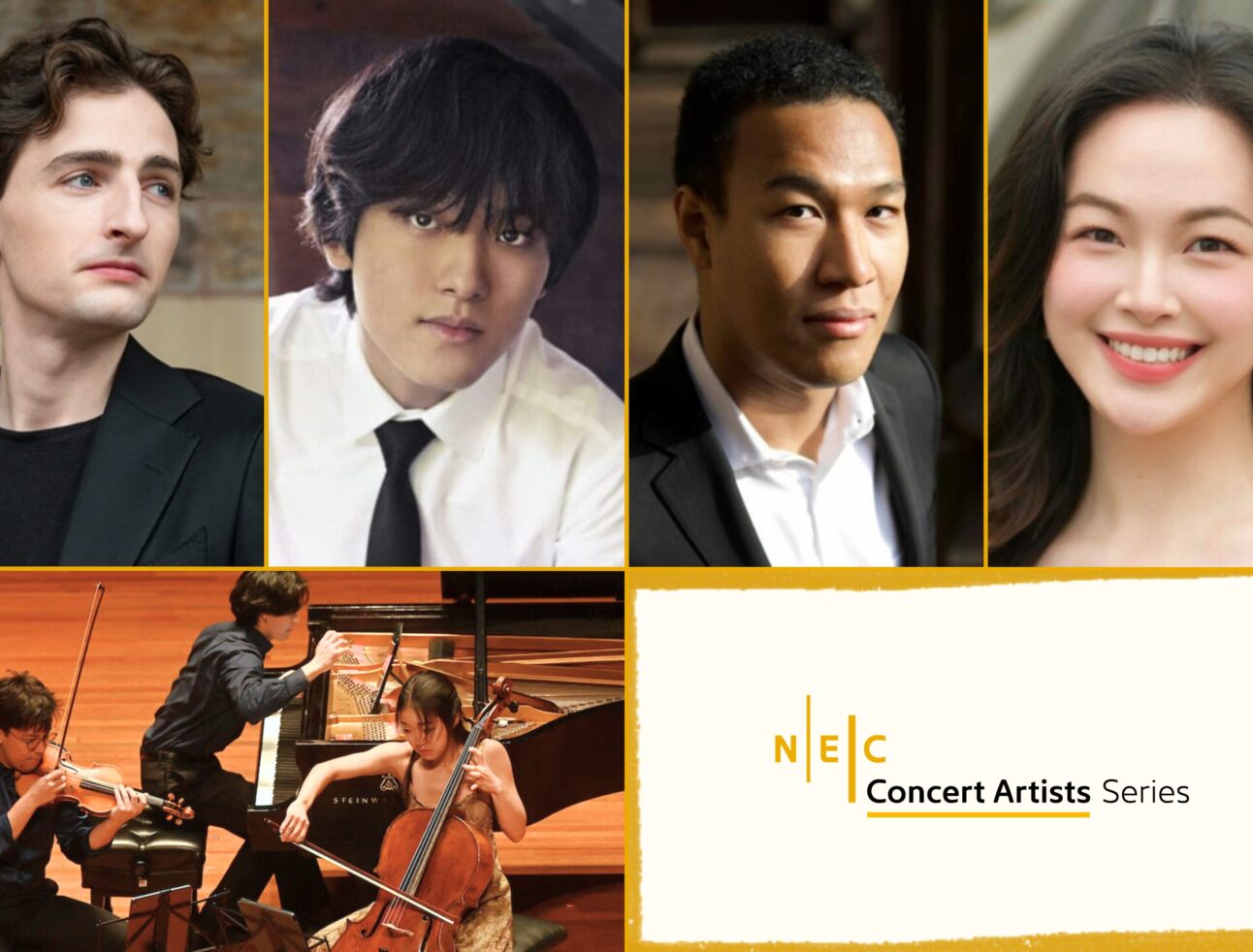Since childhood, Rick Beato ’87 MM has sought to continually broaden his understanding of the music in which he’s immersed. From cello and double-bass studies in elementary and middle school, where he played in orchestra and chamber ensemble, to soon thereafter discovering the guitar, which he’s said is “the instrument that I felt a real connection with,” Beato has eagerly pursued “the mastery of music, in whatever genre it is.” He studied jazz guitar and double-bass at Ithaca College, from which he earned a music-education degree, before enrolling in the Jazz Studies Department at New England Conservatory.
“There was a lot of cross-pollination of people that were not only in the Jazz Department, and in Third Stream (now the Contemporary Musical Arts Department), but in the classical music department,” Beato said of his time at NEC.
“It was a very eclectic time. It was fascinating. There are things that I talk about on my channel all the time that I learned while I was at NEC,” he said, referencing a popular YouTube series that calls on his expertise as a multi-instrumentalist, songwriter, educator, engineer, and producer.
After grad school, Beato taught at his alma mater, Ithaca, for several years, worked in the rock-and-roll sphere, and eventually settled in Atlanta, where he’s worked as a producer since 1995. And while he’s collaborated with all manner of musicians in the studio, having learned the engineering craft on his own, it’s been his YouTube channel through which Beato has been able to share most widely the range of his musical experience.
Ten years ago, Beato didn’t post anything on social media. “Nothing,” he said. “I never commented on a video, I never posted on Twitter or anything.” And then, in 2015, he posted a video showcasing his then-8-year-old son Dylan’s perfect pitch and knowledge of music theory. The clip went viral, and Beato found himself on the receiving end of queries from musicians who wanted to improve their ears.
Dylan, Beato explained, “knew what a major add-9 chord was, and a Lydian triad. He knew modes and all this kind of stuff. I taught him that when he was 3, 4 years old. People wrote to me for months about this. So, finally I was like, OK, I’m going to start making some YouTube videos where I talk about music theory and how to develop your ear. And that’s basically how I started.” Today, Beato’s YouTube channel has more than five million subscribers who log on to watch his interviews and analyses.
Unlike when he was in college and grad-school, students now have the internet — that, in addition to the experience of in-person mentorship, such as Beato had under the tutelage of Mick Goodrick and other artists, and the experience of playing with other musicians. “There’s no substitute for kids playing in an ensemble. There just isn’t,” he’s said.
“What (young artists) should be doing is learning as much as they can about music, right?” Beato asked rhetorically. In his estimation, “YouTube is an amazing resource for that.” His own online contributions are about sharing his experience in and enthusiasm for music. “I make these videos,” he said, “so I can upload my brain.”
Beato believes social media is a necessary tool, “because that’s the way you promote your music.” He views AI as a tool, too, and said programs like Suno and Udo “can do some amazing things.” Still, music is about people, not robots.
“Is (AI) going to replace musicians?” Beato asked, saying,“No, people shouldn’t be worried about that.” He doesn’t perceive a demand for AI-generated music. “When people know that something is AI, most people don’t want to invest their time in that.” And live music, he said, is what’s most vital. “The live show, that’s the thing that matters more than anything.”
